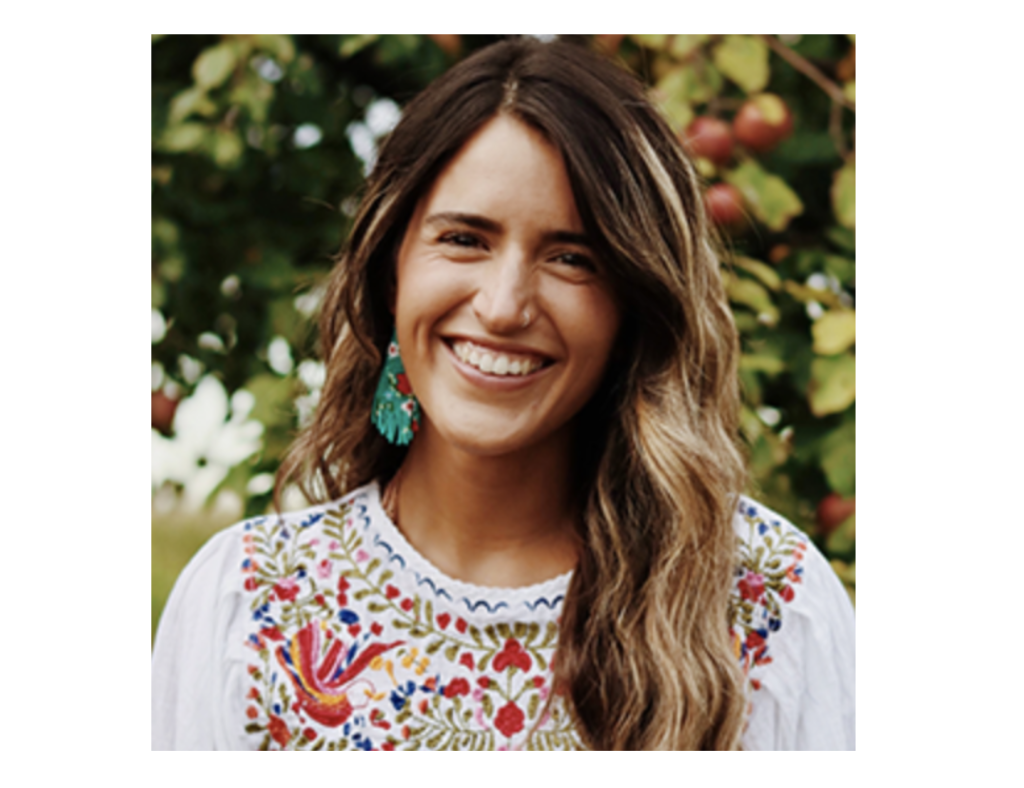
The opinions, beliefs and viewpoints expressed by our guest columnists do not reflect the opinions, beliefs and viewpoints of this publication.
By Isabel Leonor Rosales
Haga click aquí para leer la versión en español
Most people of faith support abortion access. It’s time to stop letting anti-abortion rhetoric take up all of the space in our pews.
For decades, there’s been an assumption that abortion and religion don’t mix — due in large part to the well-funded and loud voices of fundamentalist and anti-abortion Christians. But we know that this narrative is false and is weaponized to spread fear, stigma and shame about abortion, birth control, and other forms of reproductive health care. But it doesn’t have to be that way.
As anti-abortion leaders use harmful, literalist interpretations of biblical teachings to justify their efforts to ban abortion nationwide, Latine and immigrant communities are experiencing some of the worst outcomes of these attacks. There are 6.7 million Latinas impacted by abortion restrictions, and almost half are 200% below the federal poverty line, meaning they have limited means to travel for care out of state. Many have language barriers that make navigating our medical system challenging, even without the extra burdens of travel. Here in Colorado, Latines are 22% of the population.
Stereotypes and the use of faith as a political weapon
As abortion opponents and lawmakers strip our communities of their autonomy, they often claim to be working in our name, relying on stereotypes that paint Latine people as a monolith and that use faith as a justification for oppressive policies. Faith and tradition are weaponized to justify denying Latine communities access to vital health care. But the reality is that most Latines recognize the value of reproductive health care, including 75% of Latinx Catholics who support safe and legal abortion.
Abortion is not a sin, and perpetuating that lie harms our neighbors. Religion should be seen as an entry point, not a barrier, as we fight for reproductive justice and access to reproductive health care that is not burdened with expensive bills, shame and stigma. Rather than conceding religion as somehow inherently anti-abortion or anti-birth control, let’s instead see how we can better connect the values of faith to the values of reproductive justice.
Hear us: We do not want abortion restrictions. On a national level, people of faith support abortion access — including a majority who did not want to see Roe v. Wade overturned. We also know Latine communities support laws to protect abortion and strengthen reproductive rights.
Faith as an entry point for reproductive justice
This is all true in Colorado as well. Results from a survey we conducted last year showed 62% of Latines support state-funded insurance covering abortion, and a little more than half say access to abortion makes them more likely to vote in 2024. Our advocacy, research and connections with our community members show the importance of reproductive justice and abortion access for our Latine community.
For many Latines, faith is about compassion for the marginalized and a shared responsibility for our collective well-being. We also know that churches and other places of worship are where our communities are turning for resources and help, and we cannot reach them unless we embrace faith in our work.
In my role as a Faith-Aware Community Organizing Manager for the Colorado Organization for Latina Opportunity and Reproductive Rights, or COLOR, I have set out to reach community members where they are. My purpose is to ensure that people have access to the resources they need to lead fulfilled lives, and that includes access to abortion care.
To make these connections, I engage in open dialogues with people of faith from the Latine community in Colorado that focus on what we share, our love of our community and commitment to one another. I share what my faith tells me: that everyone deserves the freedom and respect to access the full-span of medical services that are right for them and their families.
For Latine Coloradans, reproductive justice belongs in our churches
It is through this approach that we have spread the word about Colorado’s Reproductive Health Care Program, which covers birth control, basic fertility services, STI and cancer screenings, and more for free through our state’s Medicaid program for all immigrants, regardless of documentation. It is by building these connections that we are working to defeat public funding bans on abortion care that disproportionately impact communities that already face high barriers to access, including Latines, immigrants, and low-income people.
This is why we are welcoming abortion seekers coming from out-of-state for care, and this approach is how we push back against and call out anti-abortion centers and extremists who attempt to dissuade people from seeking care. I’ve found that many of the people I talk to share many of my beliefs about reproductive justice, not in spite of their faith, but because of it.
Incorporating faith in our work is allowing us to reach members of our communities where they are and harness our shared power so that we can build a future where everyone gets the care they need. Our work spans the past, present and future, because generational caretaking is how we survive. We’ve always cared for each other’s reproductive futures and autonomy, and we always will.
You may also like:
Defending Corporal Punishment Instead of Progress
Guest Columnist – For Latine Coloradans, reproductive justice belongs in our churches





otras noticias
FBI Investigates Boulder Tragedy as Terrorist and Antisemitic Attack
Hickenlooper: “How Many Times Are We Going to Punish Those Who Work?”
Only 25% of Students in Rural Schools Vaccinated Against Measles